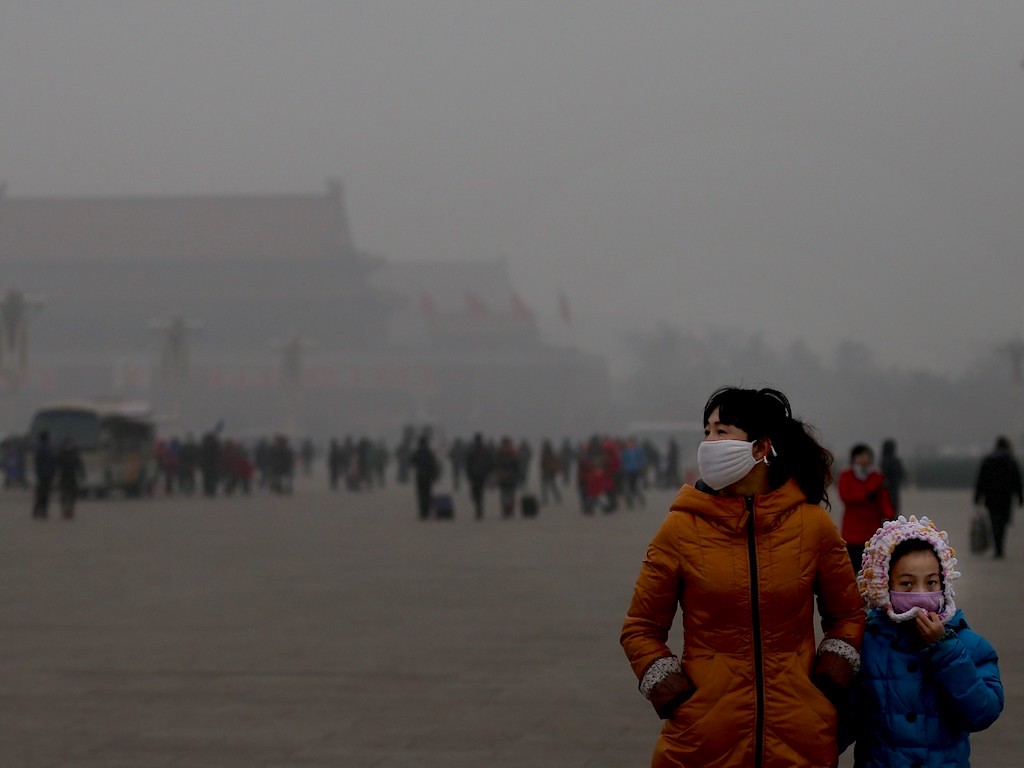3 Mins Read
A new study by Harvard University researchers has revealed that air pollution is linked to significantly higher death rates in people infected with Covid-19. Scientists analysed data on air pollution and deaths from the coronavirus up until April 4 this year over 3,000 counties in the United States, and found that even a single-unit increase in particulate matter pollution levels in the years prior to the pandemic was correlated with a 15% increase in the rate of fatality. The study has clear implications for public health policies and governmental action on air pollution.
The study, conducted by researchers at the Harvard TH Chan School of Public Health in Boston, concluded that a single-digit increase in PM2.5 air pollution particles is associated with an 15% increase in the Covid-19 death rate. The team also calculated that if the air was slightly cleaner in Manhattan in the past, hundreds of lives could have been saved.
Researchers took into consideration a number of factors, including income, smoking and obesity, as well as the number of available Covid-19 tests and hospital beds in the area. Findings from the study suggests that people living in polluted areas are more likely to die from the coronavirus once they are infected, compared to those who live in areas with cleaner air.
Dirty air has long been known to increase the risk of acute respiratory distress syndrome (ARDS) as well as SARS, alongside other heart and respiratory diseases. While previous studies have confirmed that exposure to PM2.5 over 15 to 20 years is linked to increased risk of death from all causes, the new study confirms that the increased risk is 20 times higher for Covid-19 deaths specifically.
“The results are statistically significant and robust,” the group told The Guardian. “In light of this, we should consider additional measures to protect ourselves from pollution exposure to reduce the Covid-19 death toll,” added Harvard researcher Xiao Wu.
Given the results, there is a need to keep enforcing existing air pollution policies around the world, and the failure to do so could mean more lives lost to the pandemic, the group urged. They highlighted that since the end of March this year, the United States Environmental Protection Agency (EPA) has suspended its enforcement of environmental laws, which could lead to disastrous deadly consequences.
Another study, recently published in the journal Environmental Pollution, finds that high lethality rates recorded in northern Italy correlates with the highest levels of air pollution in the country.
The medical community warned last month that smokers and former smokers are also more susceptible to the coronavirus due to weakened lungs.
In February, a Greenpeace report, widely considered to be the first ever study to quantify the cost of air pollution directly attributable to the fossil fuel industry, revealed that air pollution is a major cause of millions of deaths and economic damage. According to the report, the fossil fuel industry’s air pollution is linked to causing 4.5 million premature deaths every single year, 40,000 of which are children under the age of 5, and around US$8 billion being lost daily.
While the latest satellite readings from the European Space Agency (ESA) and earlier NASA images have recorded a major drop in air pollution levels across the world since the outbreak first began, experts say that the trend is likely to rebound once the pandemic eases.
Scientists are calling on governments to tackle dirty air in order to save lives during the pandemic, and to protect the health and safety of individuals and the planet in the future.
Read our earlier coverage of Covid-19 and tips on prevention here.
Lead image courtesy of Getty Images via Day Life.




